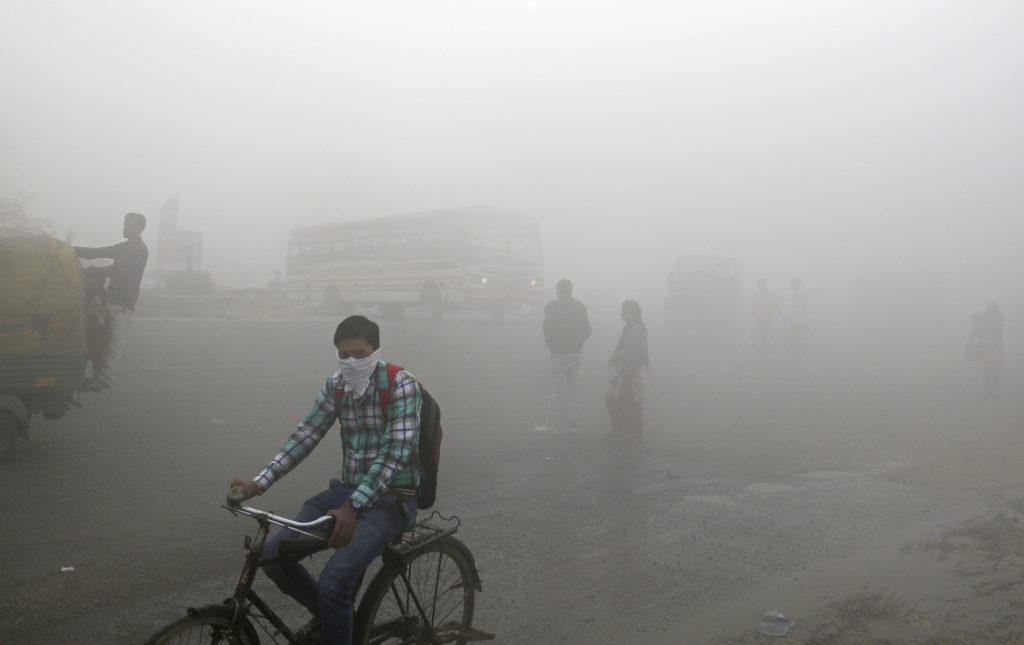In spite of the Government restriction on bursting crackers on Diwali last year, residents of the National Capital of India went ahead and contributed poorly to the air quality; causing a cloud of smog the following day.
Mr. Rohit Bansal, Founder, Director of AQI India talks about how the grave situation of Smog is engulfing Northern India and is severely impacting the climate change in the country. Read the interview here:
Why are we already facing a smog problem in Delhi, while it usually dawns after Dussehra and Diwali?
Every year, between October and November – Which is the peak season of burning crops in the northern part of the country, especially in Punjab and Haryana, the pollution gets 20 times higher than the threshold for safe air. The burning of the crop season, unfortunately, falls around the same time when the country is celebrating Dussehra and Diwali.
What are the adverse effects of aqiliving in these atmospheric conditions for a long period?
Air quality index is increasing every day and the impact is affecting the climate. The change in the weather pattern has worsened air quality. People in their 20s are already going through respiratory issues like sinusitis, asthma, and bronchitis. Living in such an atmosphere and breathing polluted air, obviously has a bad effect on our health leading to long-term chronic health issues such as lung cancer and other cardiovascular diseases.

Who are the people primarily at risk due to the pollution conditions?
Everyone can be at risk of falling sick from being exposed to pollution. However, people who are suffering from asthma, lung disease, cardiovascular disease, also children, pregnant women, and older people are also more likely to be affected by pollution conditions in the country.
What are some of the measures people can take to protect themselves from the adverse effects of the smog?
People have a misconception that smog occurs only because of the aftereffects of Diwali celebration. Smog is a common problem in metro cities and it happens anytime, anywhere due to industrial and transport emitting smoke. We believe, everyone can do their part in reducing the adverse effects of the smog. People can drive less, opt for carpool or use public transportation. Taking care and going for a regular tune-up of their vehicles that improves gas mileage and reduces emission. Avoid products that produce a high level of VOCs. These are few and basic measures that can help people protect themselves during any smog day.
What are some of the foods people should eat to enhance their system taking the smog into consideration?
Inhaling polluted air introduces several harmful substances into our lungs which obviously our body is not compatible to deal with. If the antioxidants present in our body are outnumbered, then these pollutants start affecting our immune system causing health issues which may lead to short- and long-term illness. A good diet plays an important role in our life. Opting for a healthy diet with powerful nutrients such as Vitamin A, C, and E along with green vegetables and dairy products will help your immune system to fight against the effects of the pollution on your body.

What are the measures people can take to ensure they don’t participate in the already high levels of pollution in the air this festive season? What are the alternatives they could opt to celebrate?
Keeping in mind the adverse effect of pollution on our health, taking necessary precautions during this festive season is a must-do for everyone. Use of eco-friendly products and opting cracker-free celebration is not only the best way to help reduce air pollution but also noise pollution during Dussehra and Diwali.